Support for Free College Tuition Splits Along Party Lines
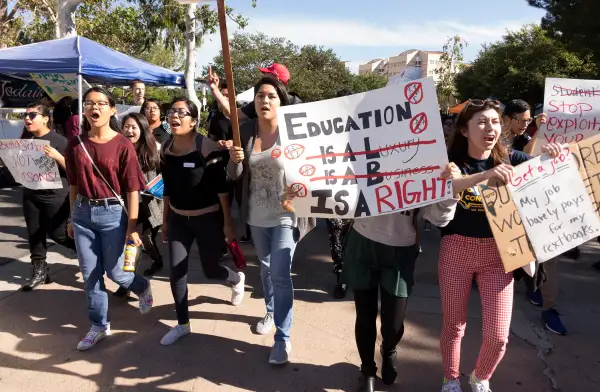
How do Americans feel about the idea of free tuition at public colleges?
Depends on their age. And their race. And, unsurprisingly, their income level and political party.
Overall, 62% of people said they supported free tuition at colleges for anyone who wants to attend, according to survey results released today by Bankrate.com. But as is the case with many policy suggestions, that average hides many interesting divisions.
When looking at generational gaps, for example, 79% of Millennials supported the idea, compared to 49% of Baby Boomers. Generation X respondents fell right in the middle with 64%.

About half of whites support the idea, compared to 84% of blacks and 90% of Hispanics, and people reporting salaries of $30,000 and less are far more likely to back the proposal than any other income group. Those differences could reflect racial gaps in wealth and educational attainment in America. Hispanics and blacks are more than twice as likely as whites to be in poverty, and while about a third of white adults have at least a bachelor's degree, only 23% of black Americans and 16% of Hispanics do, according to U.S. Census statistics.
The most striking difference in support, though, came down to party lines: 81% of Democrats support the idea, but only 33% of Republicans do. That partisan divide may not be surprising, given that the idea of free tuition at public colleges was recently championed by Vermont Sen. Bernie Sanders' presidential campaign and eventually embraced (if somewhat begrudgingly) by Hillary Clinton and the broader Democratic platform.
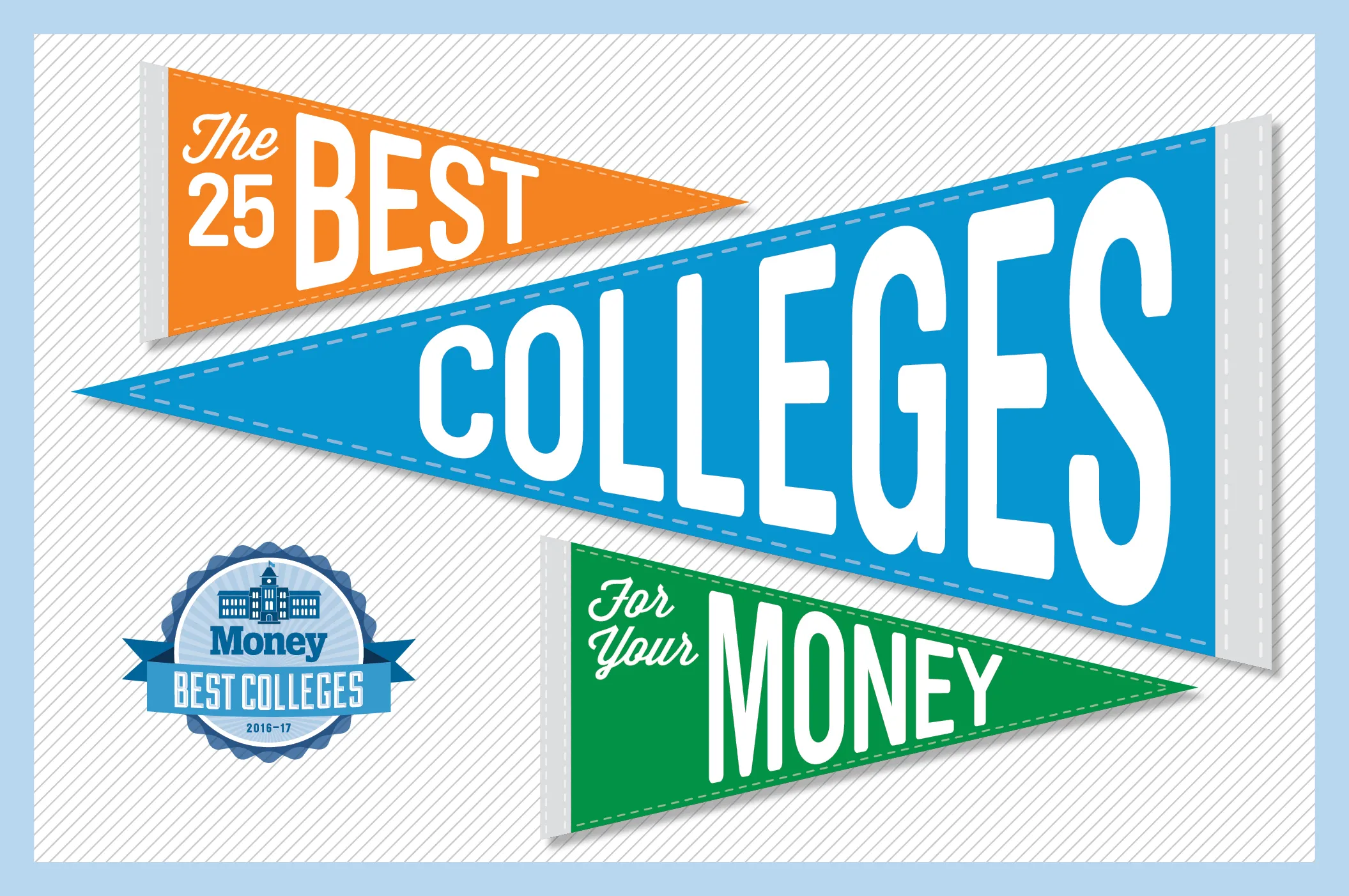

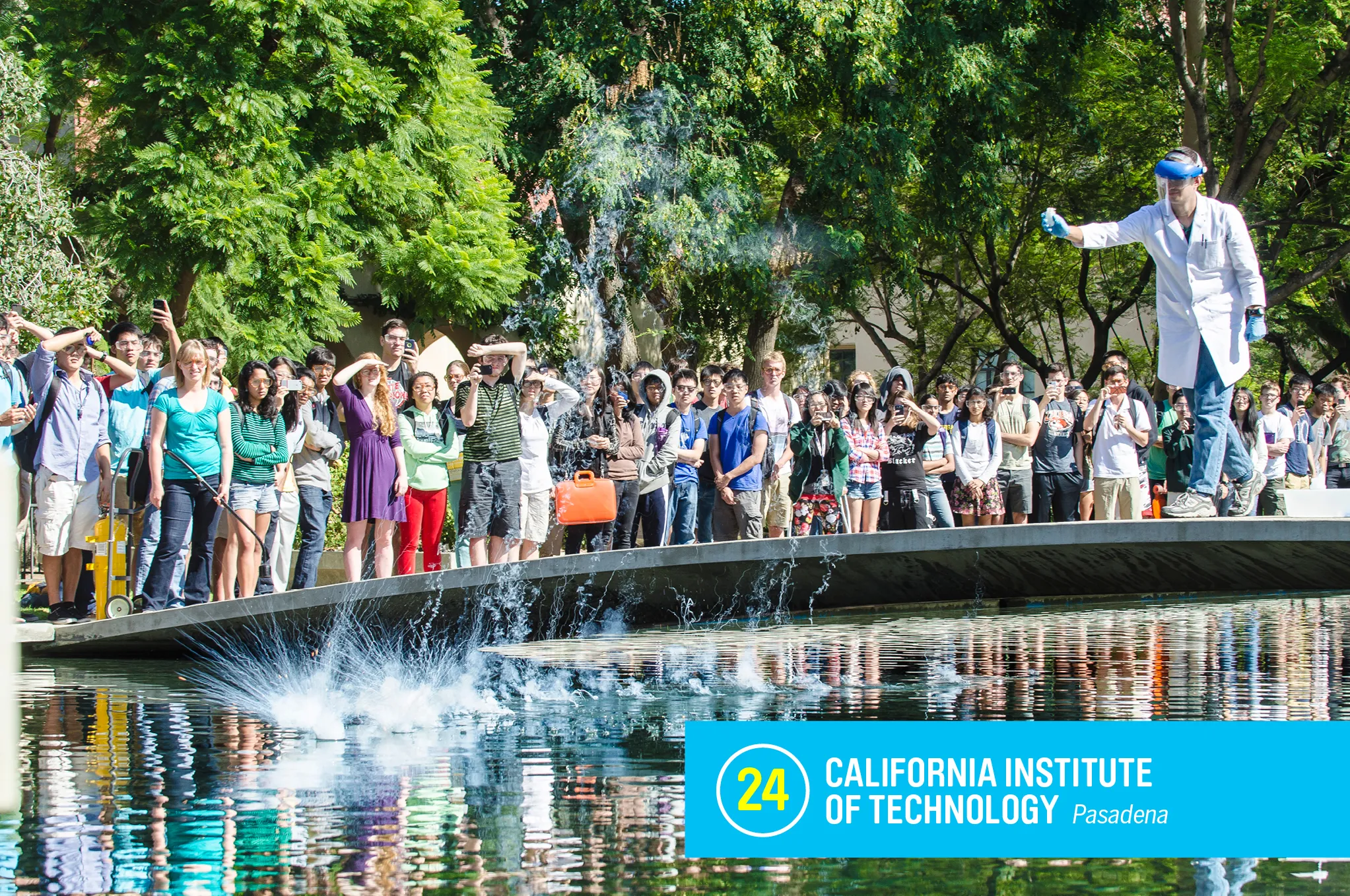
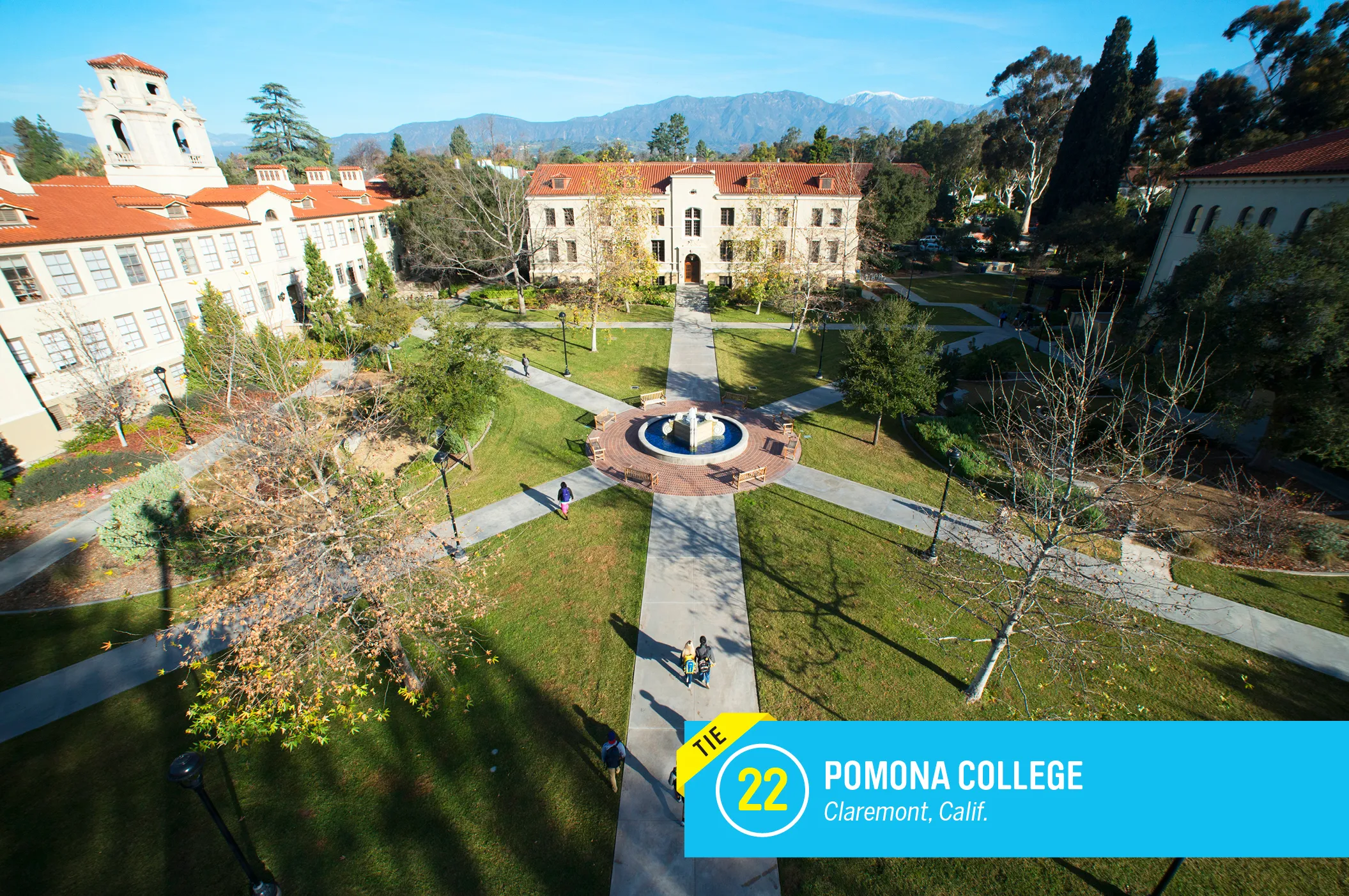
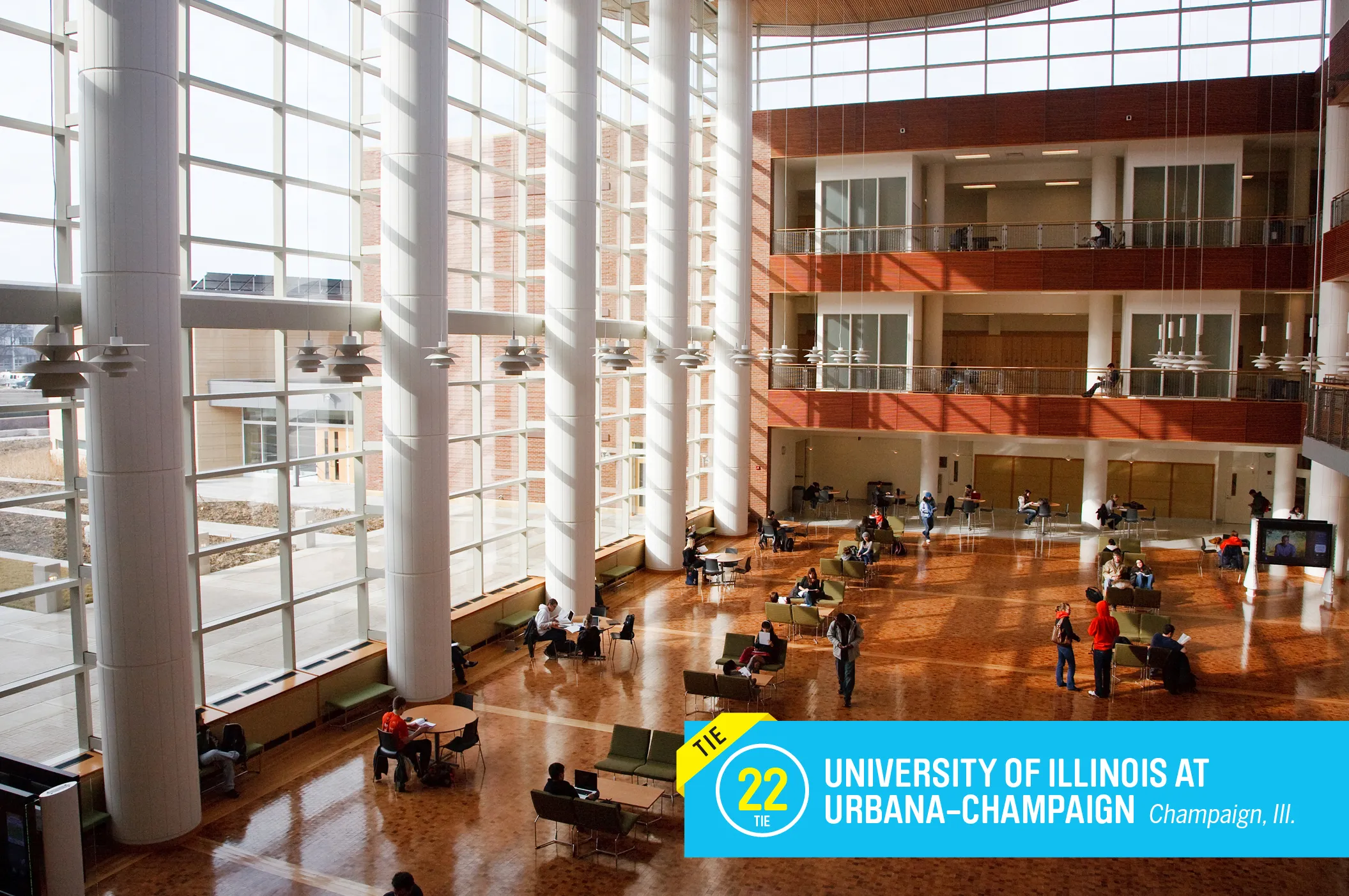
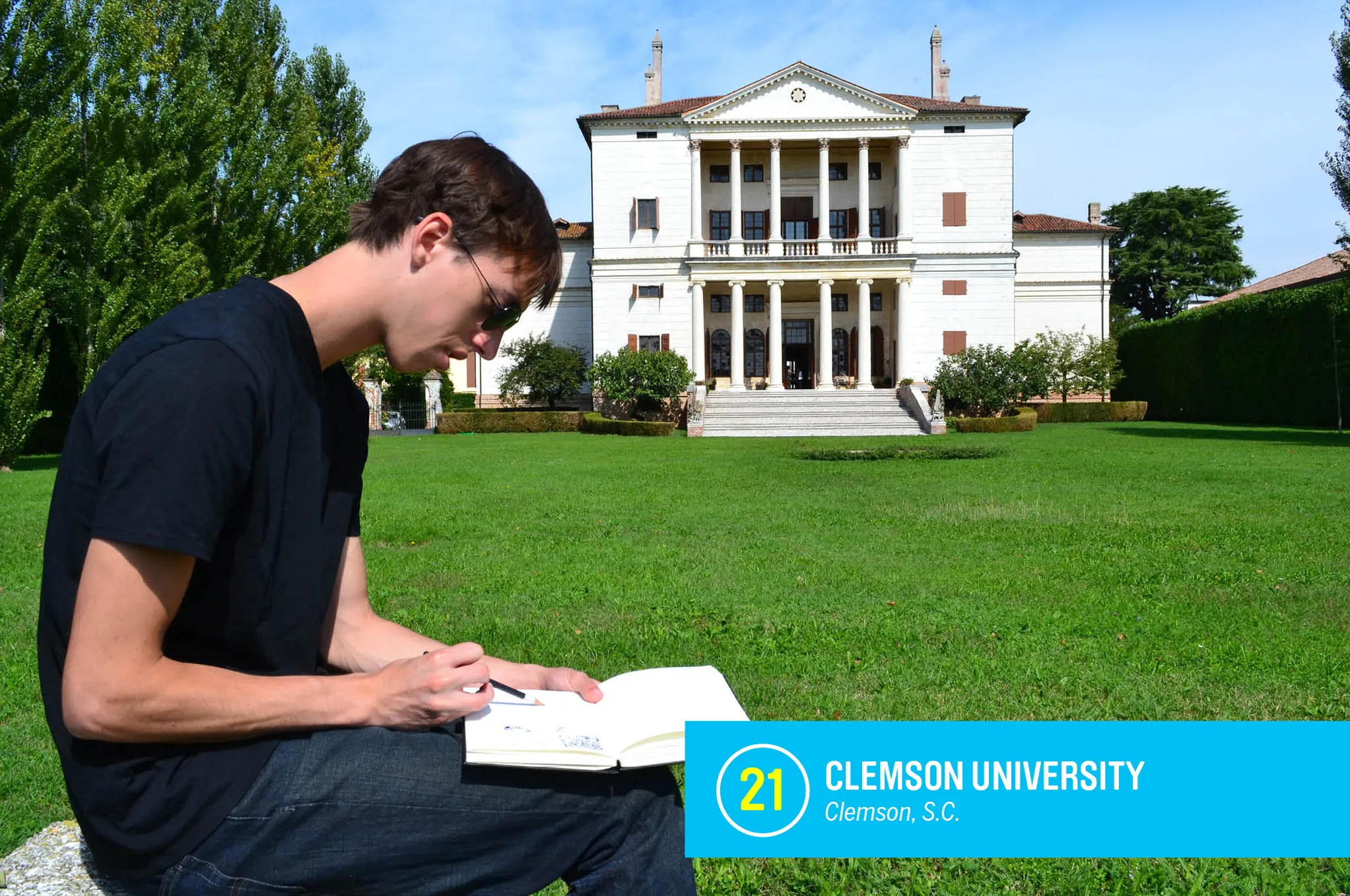
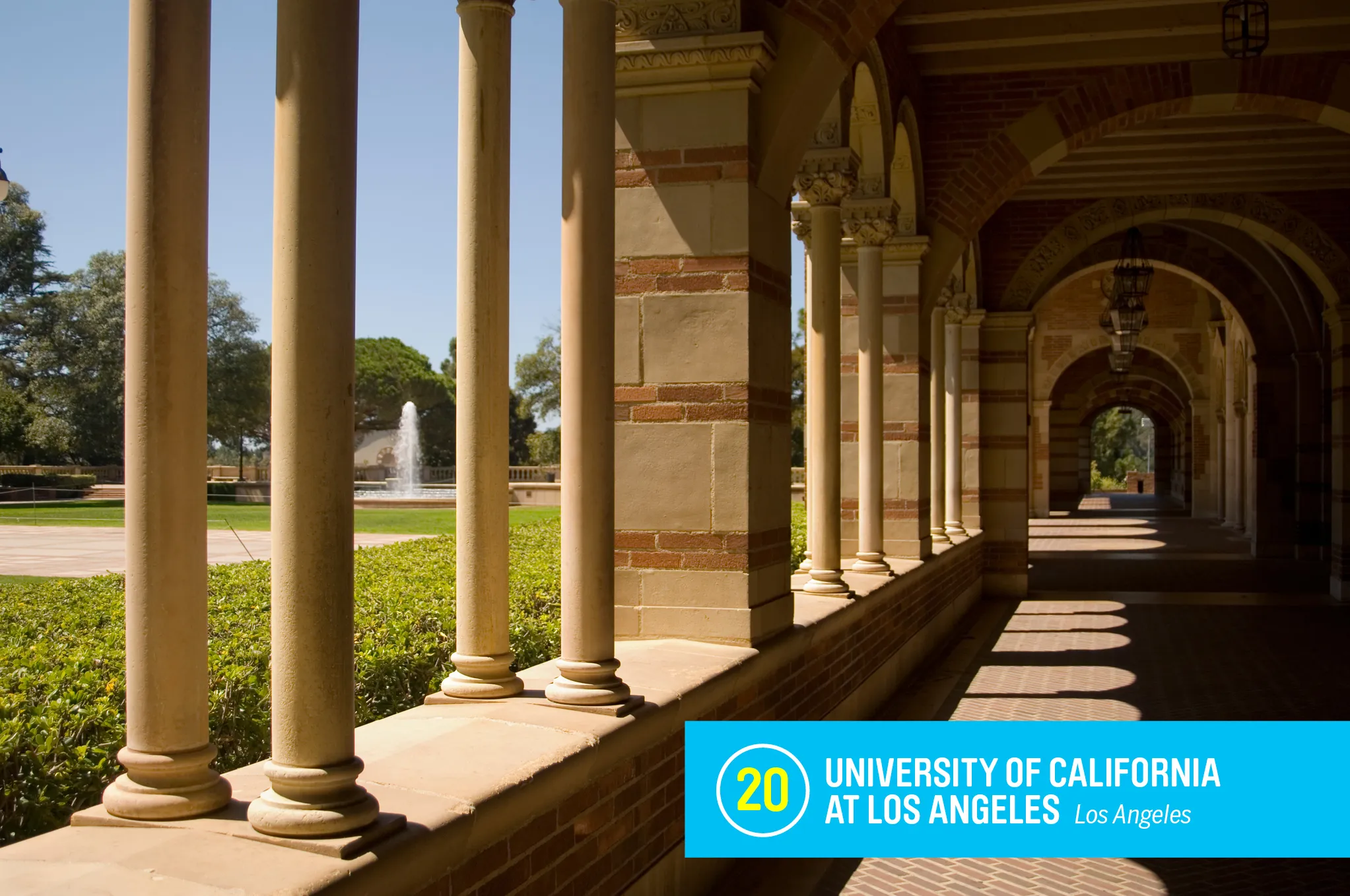
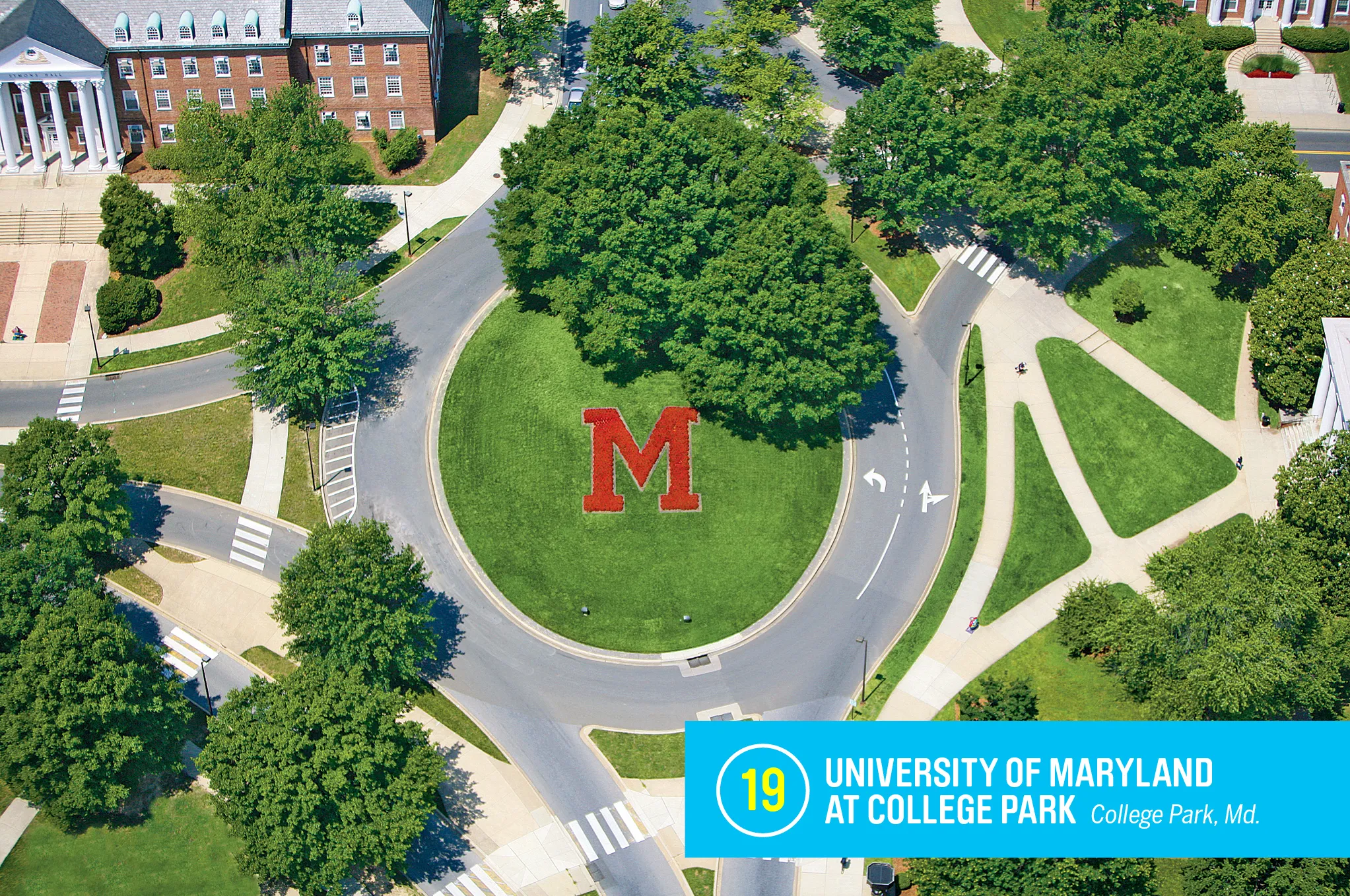


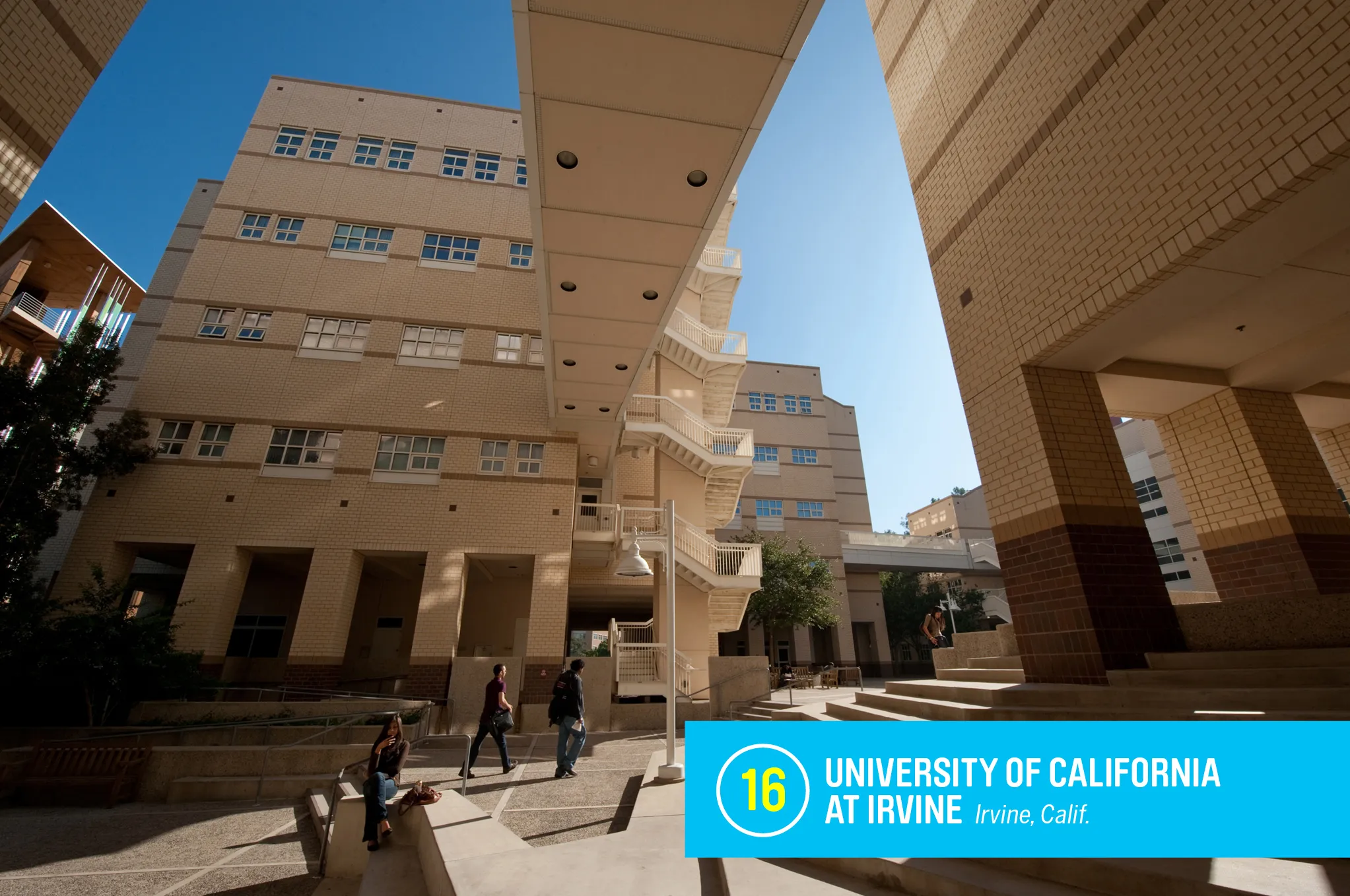
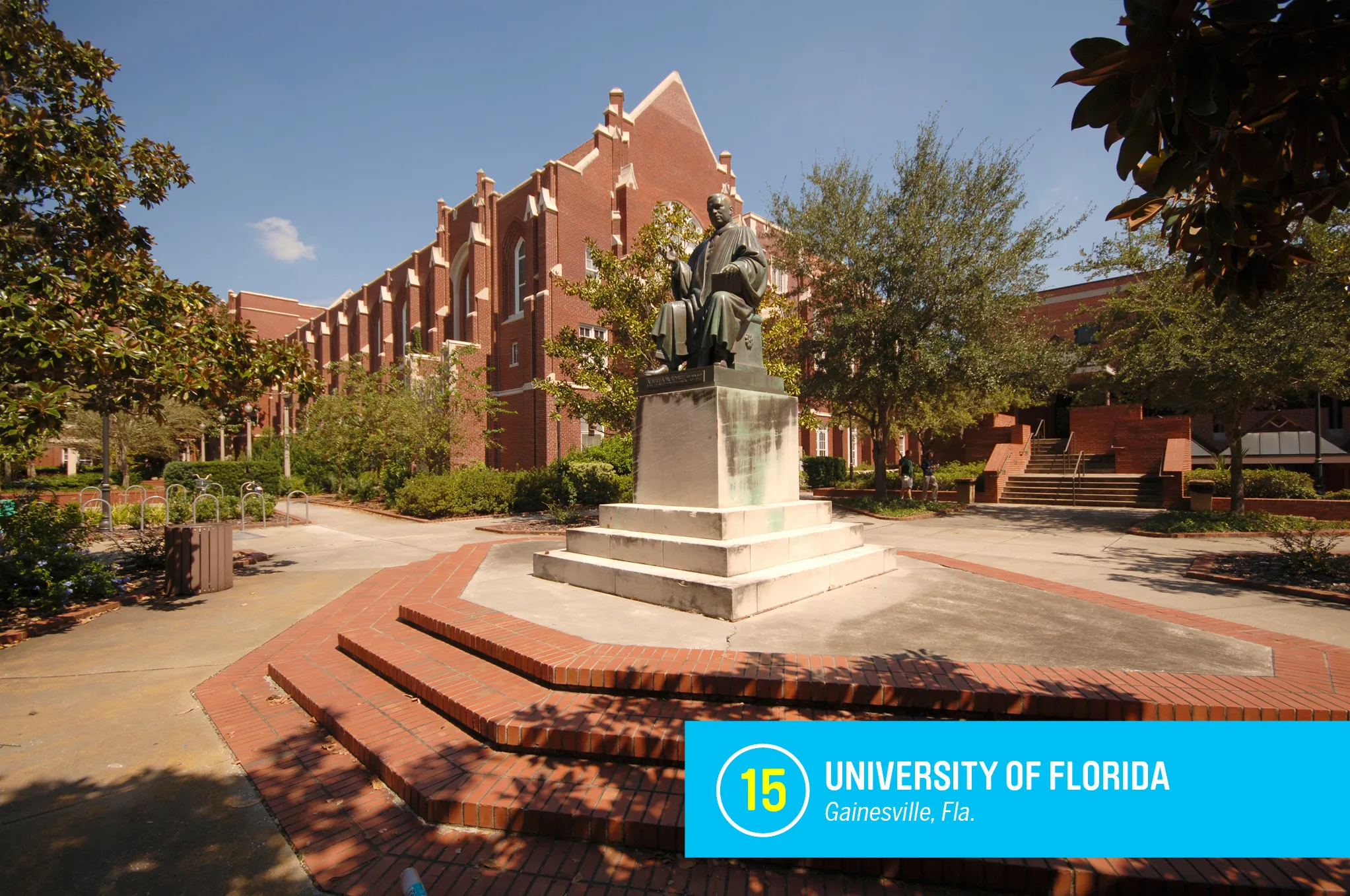

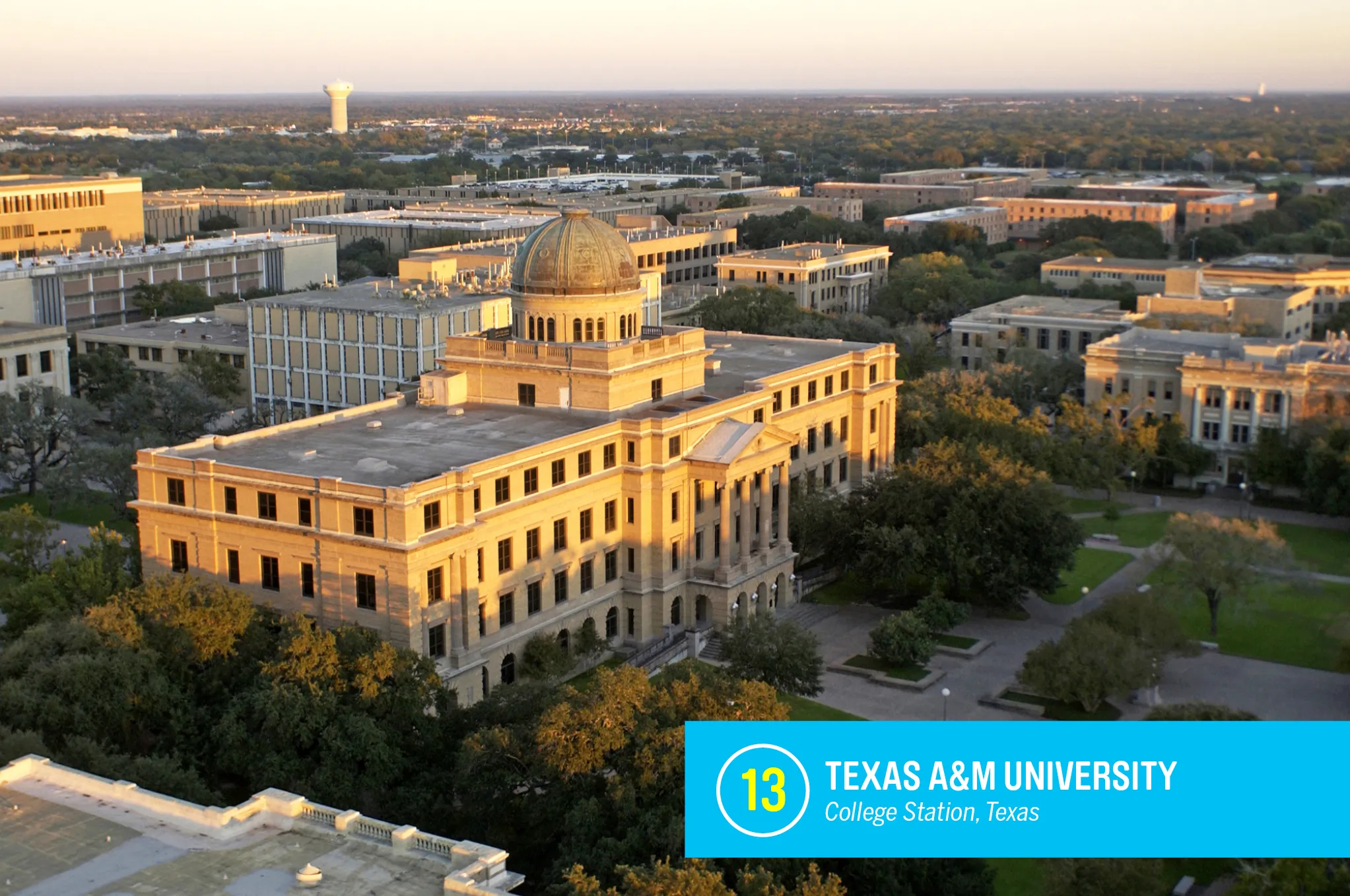
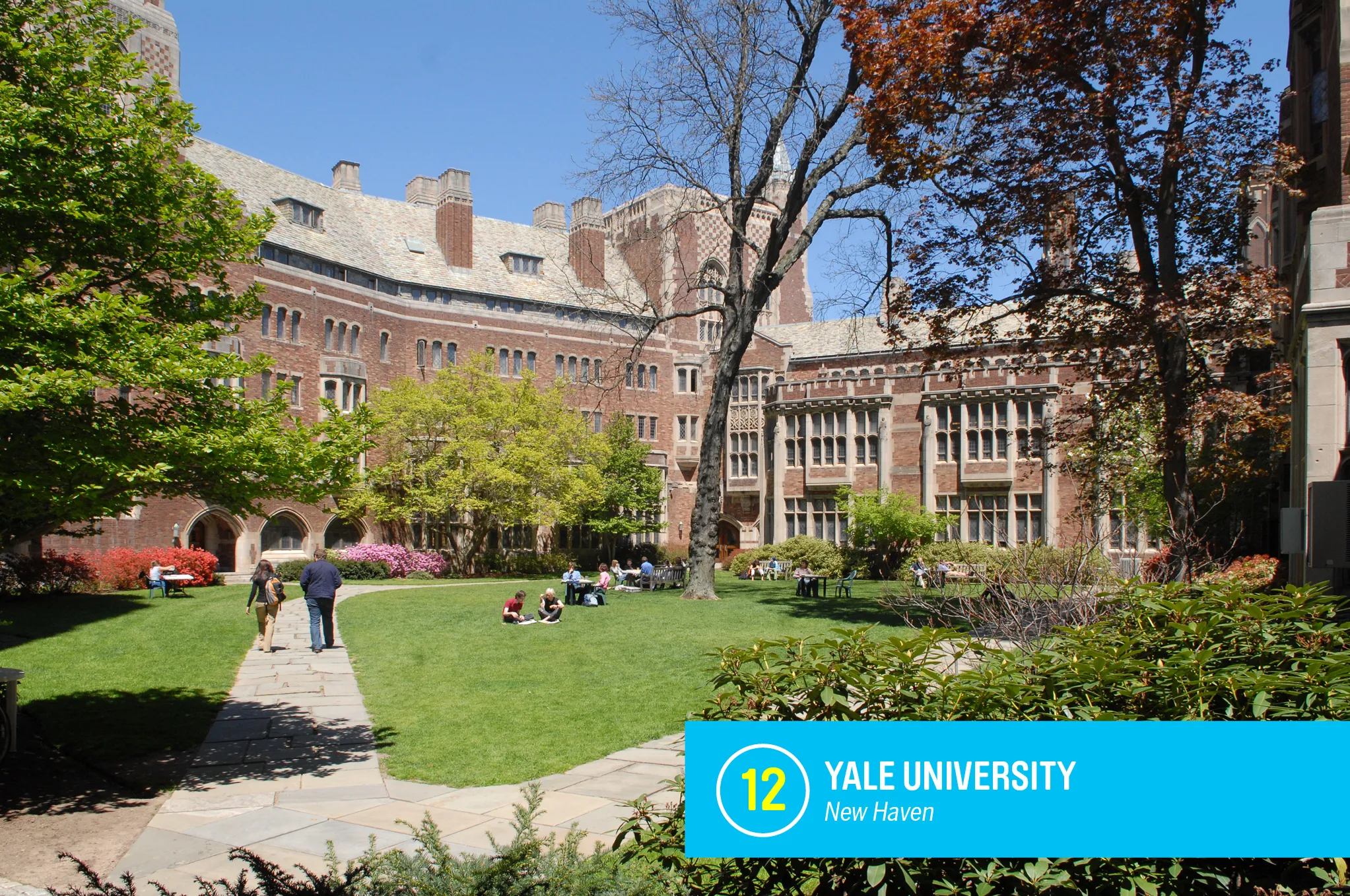
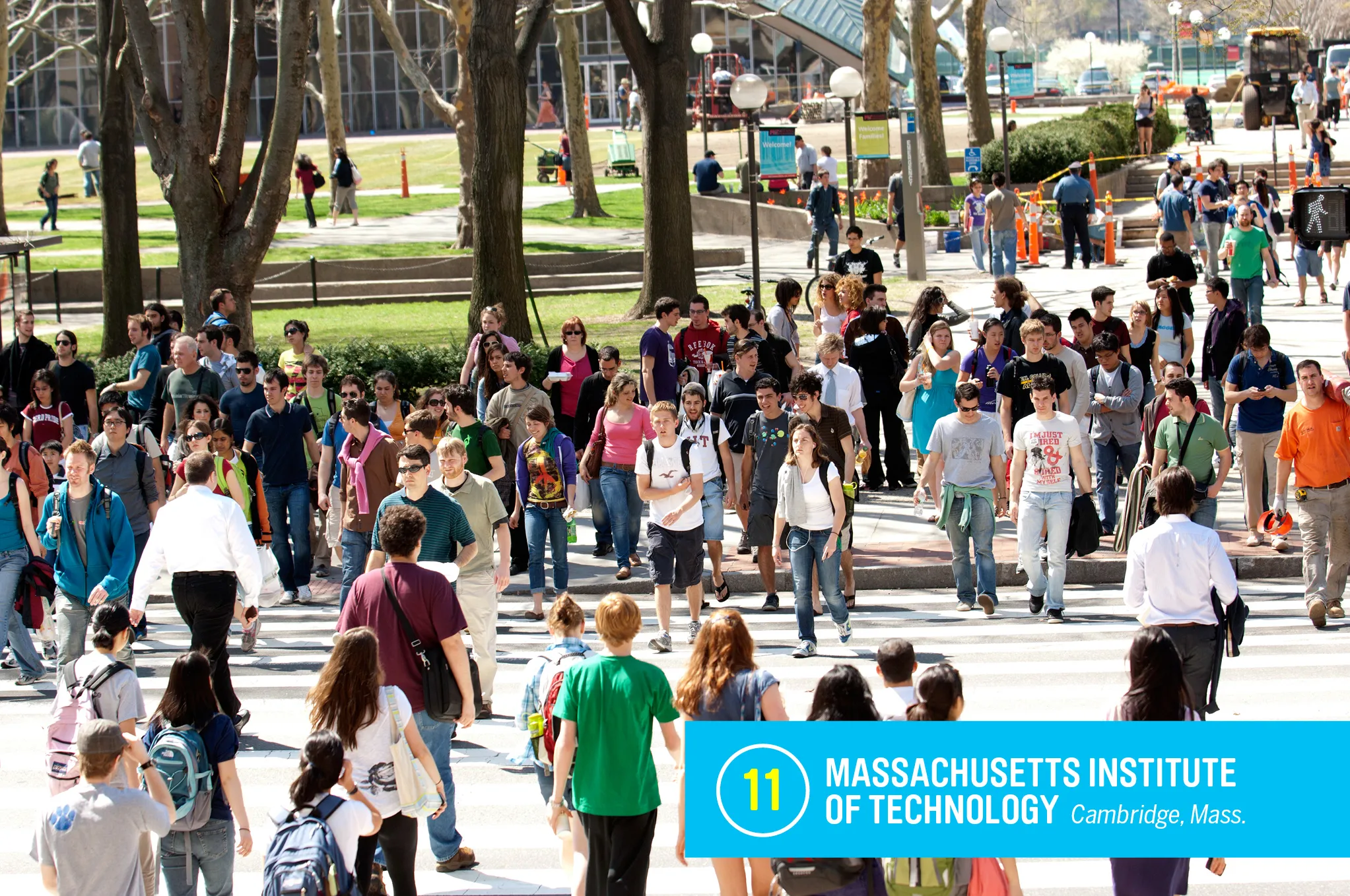
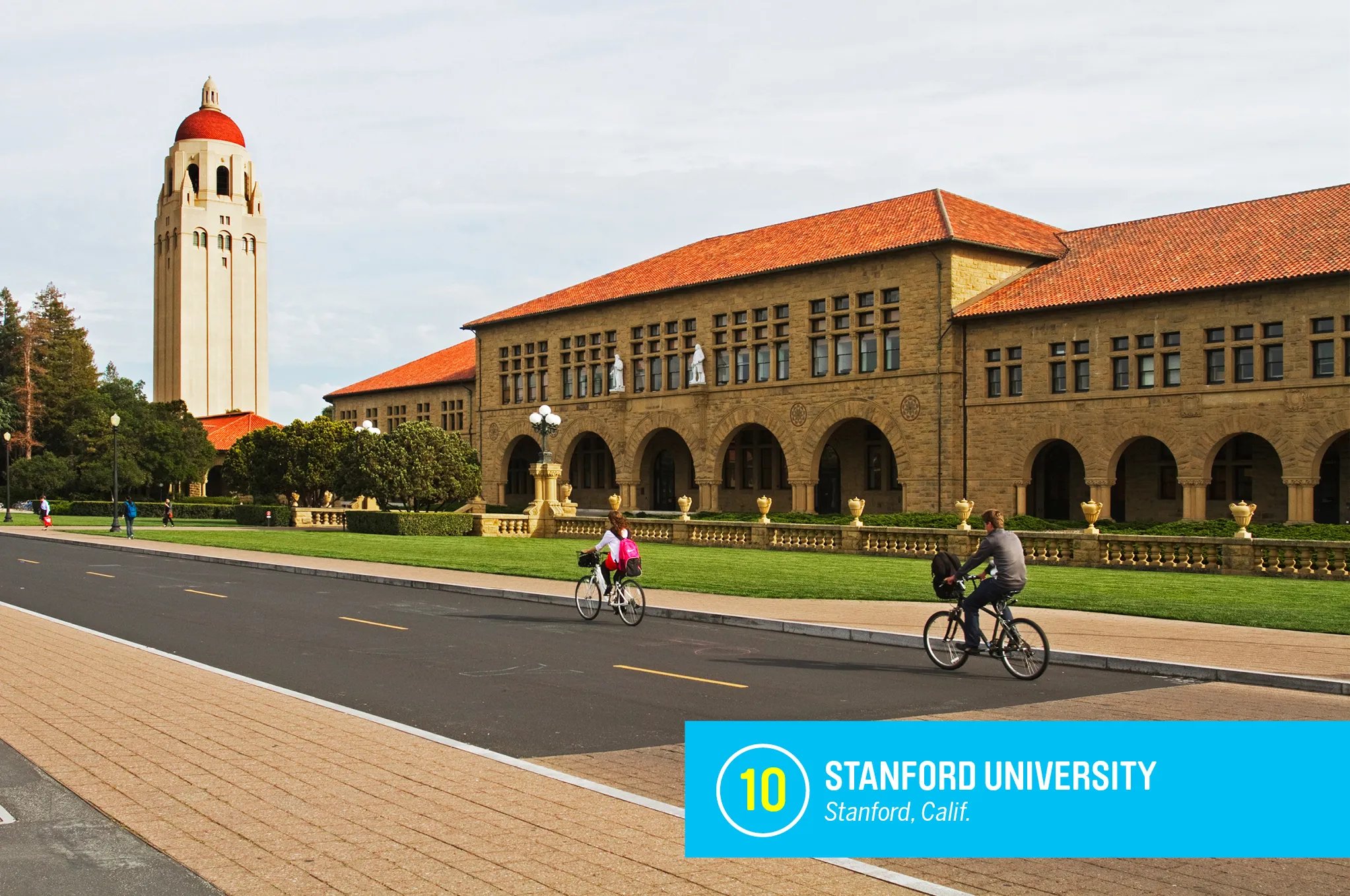
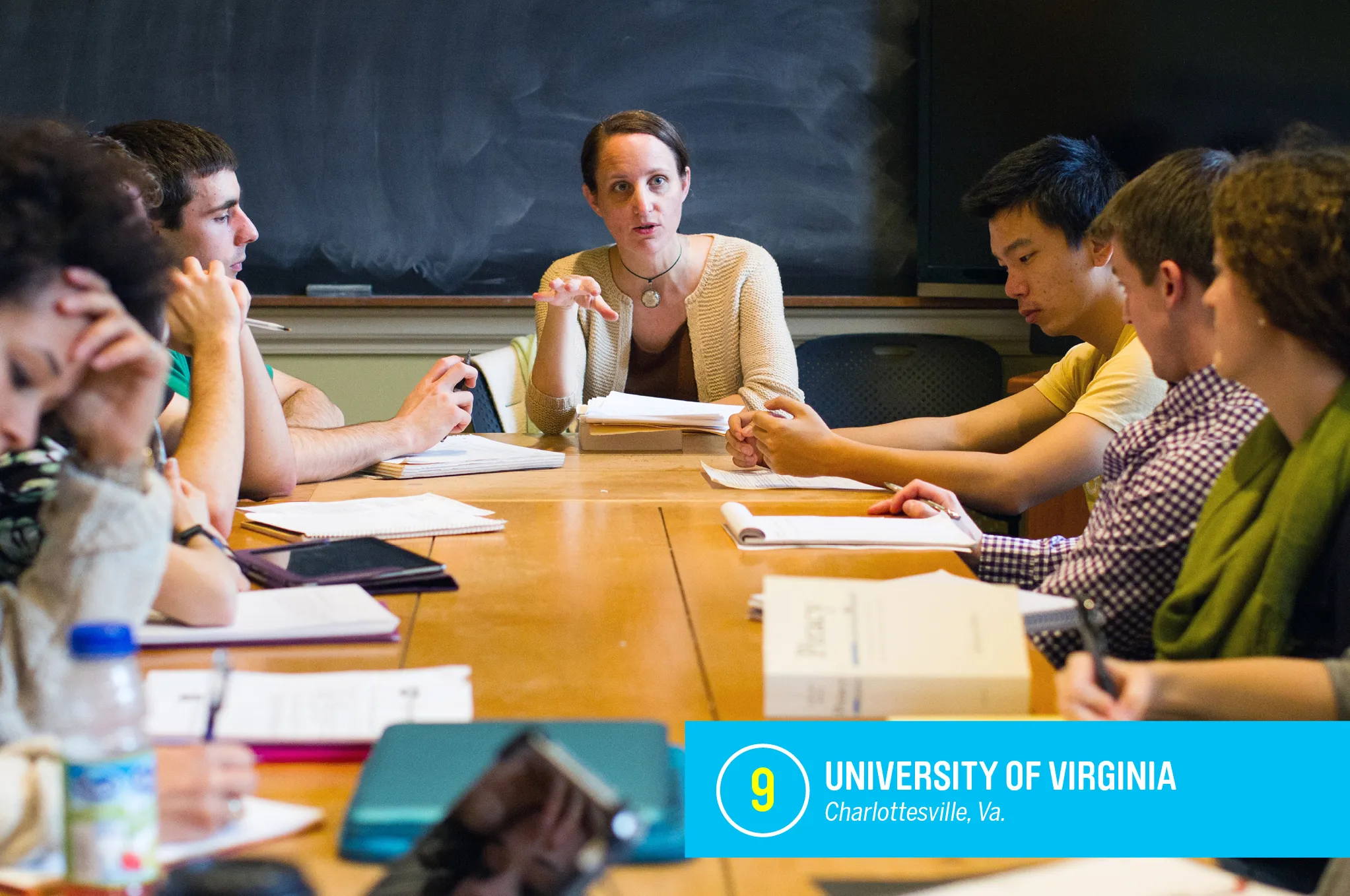

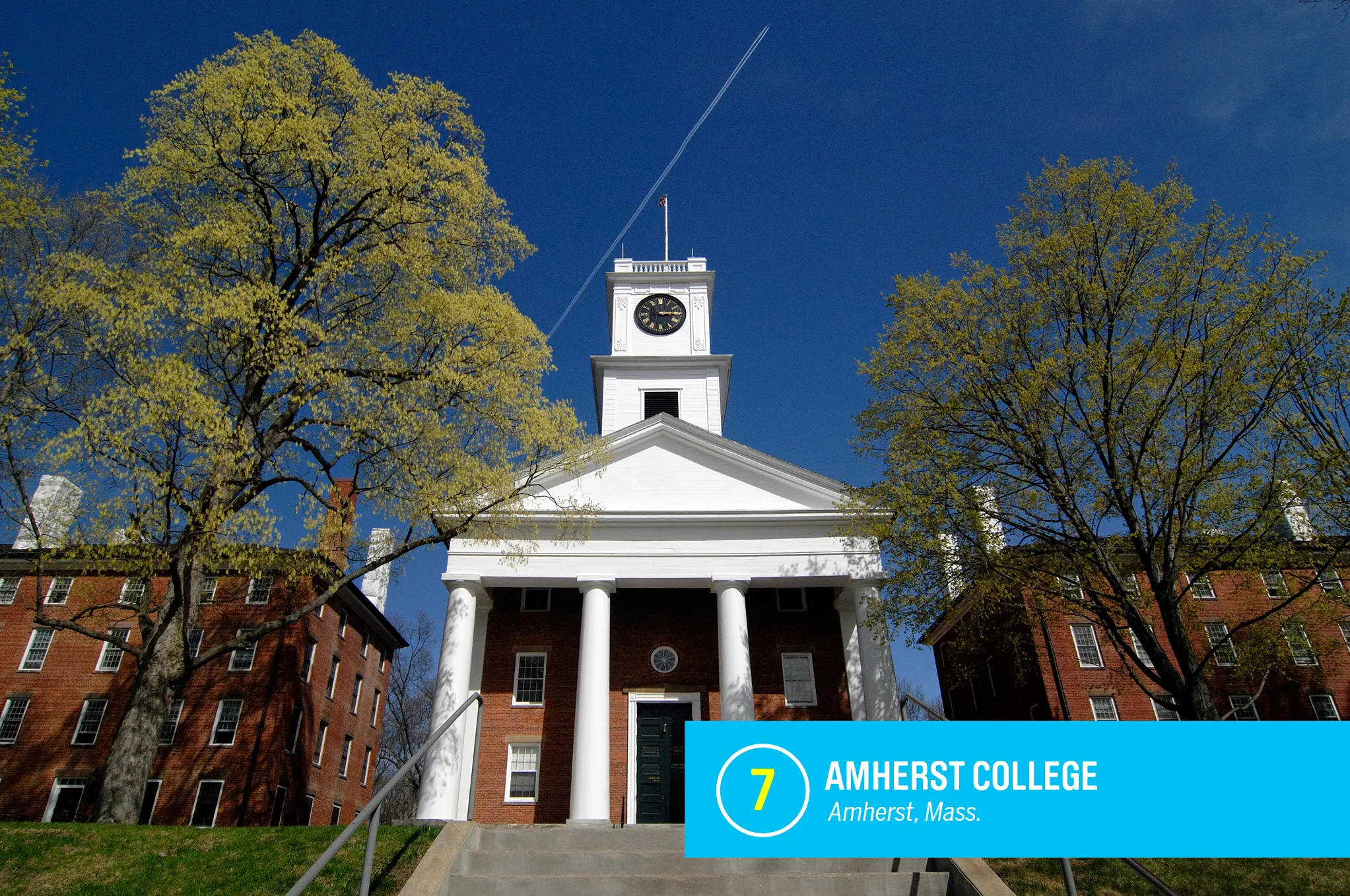
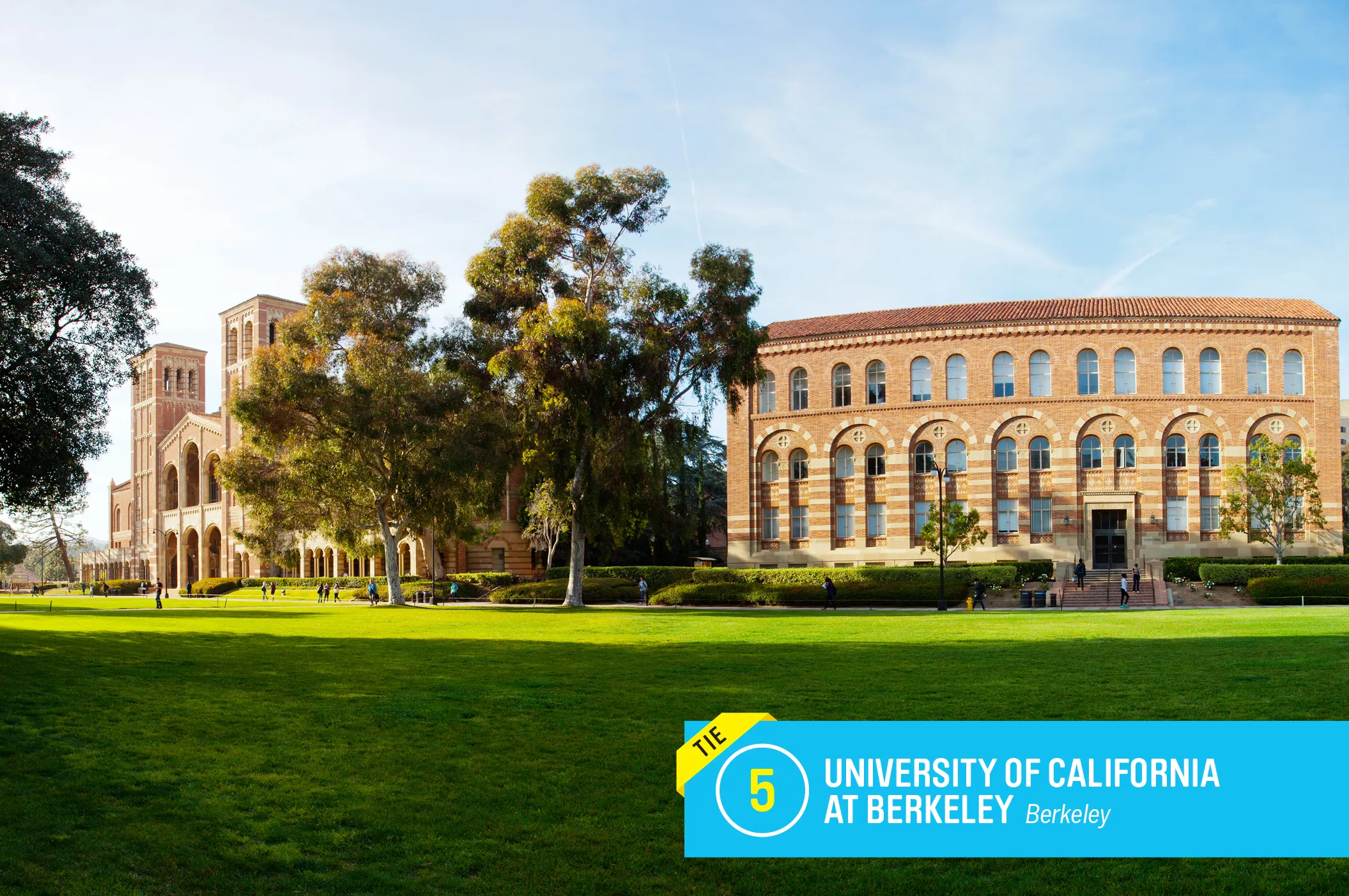
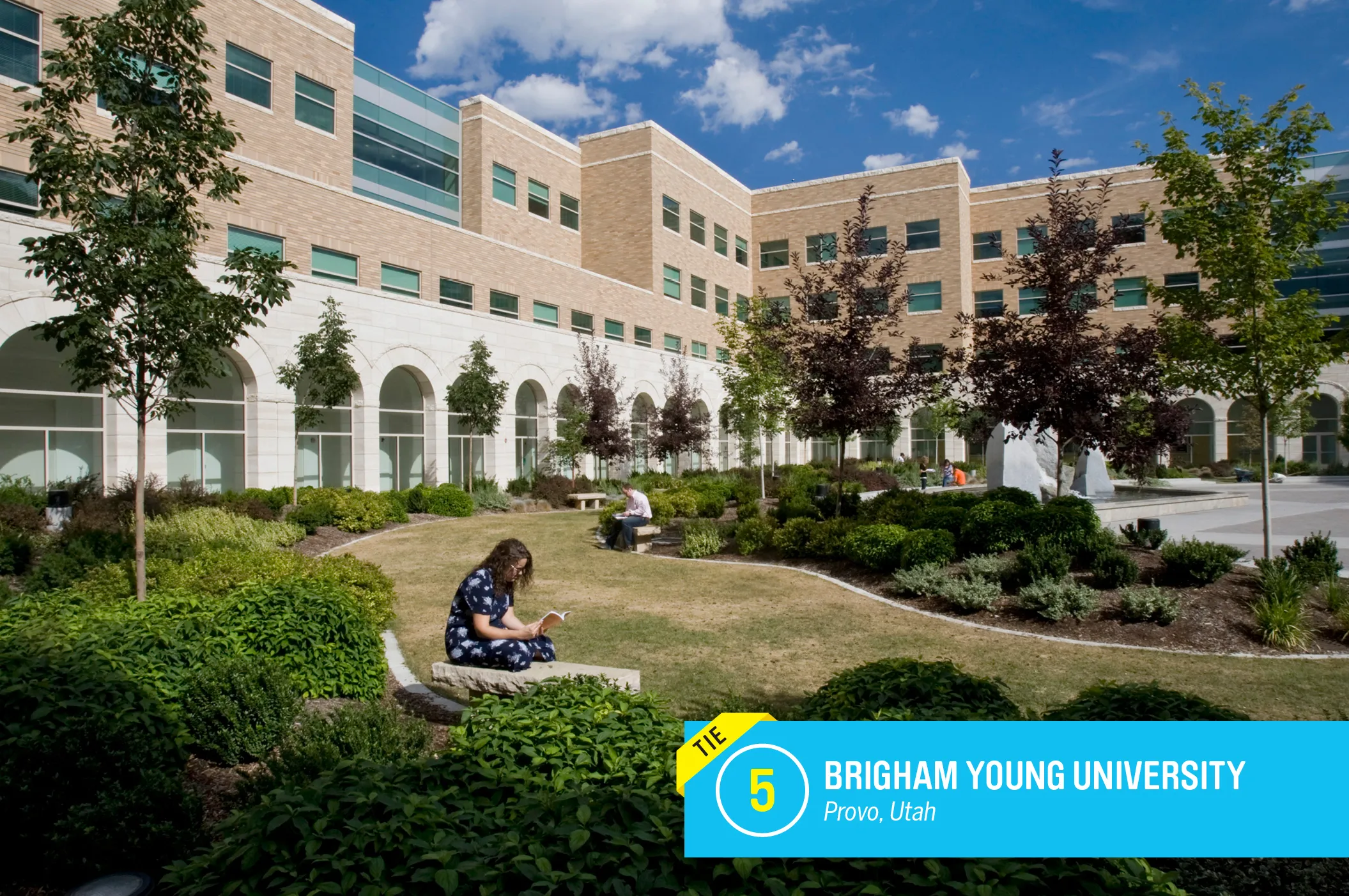
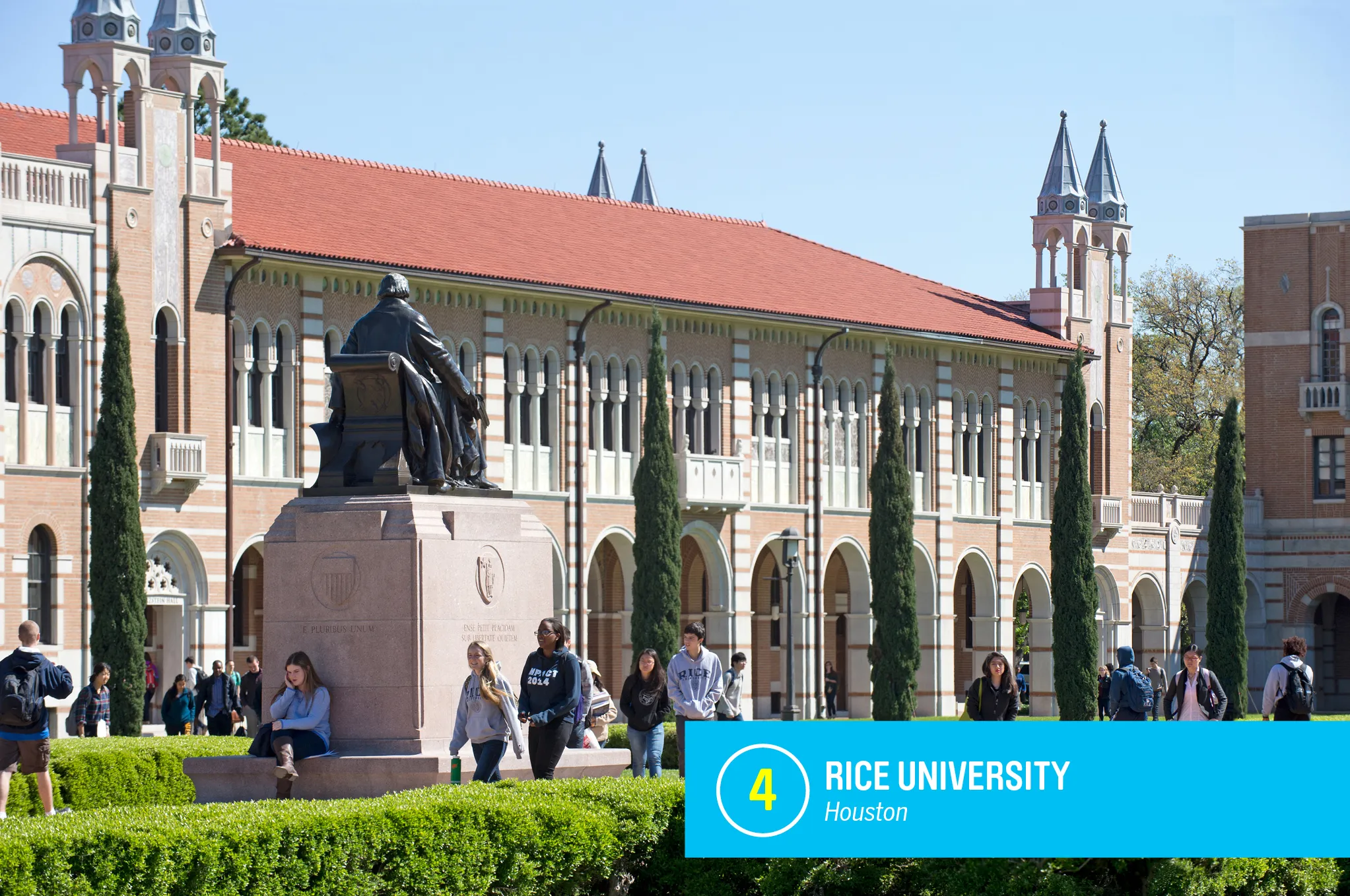
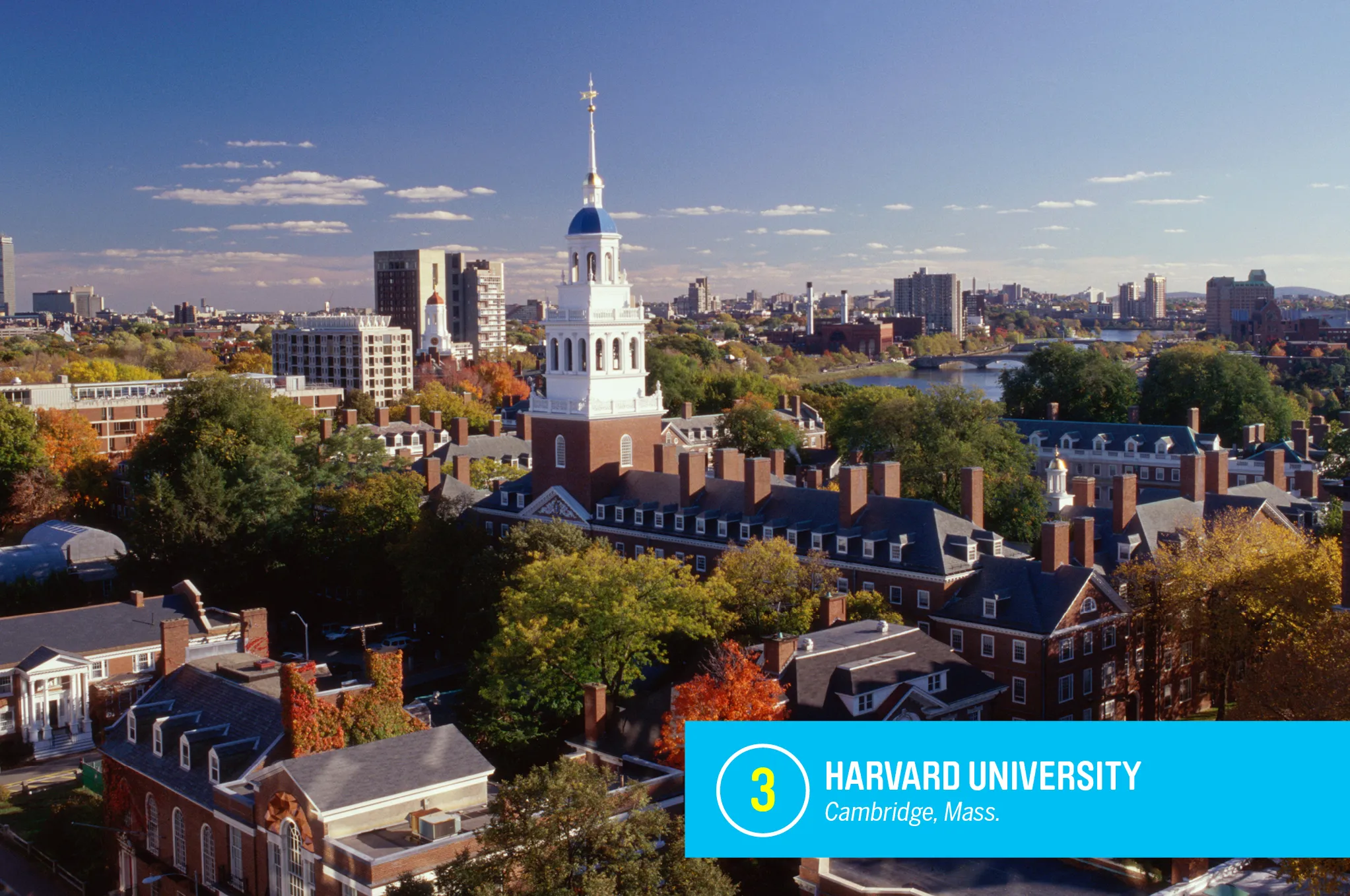
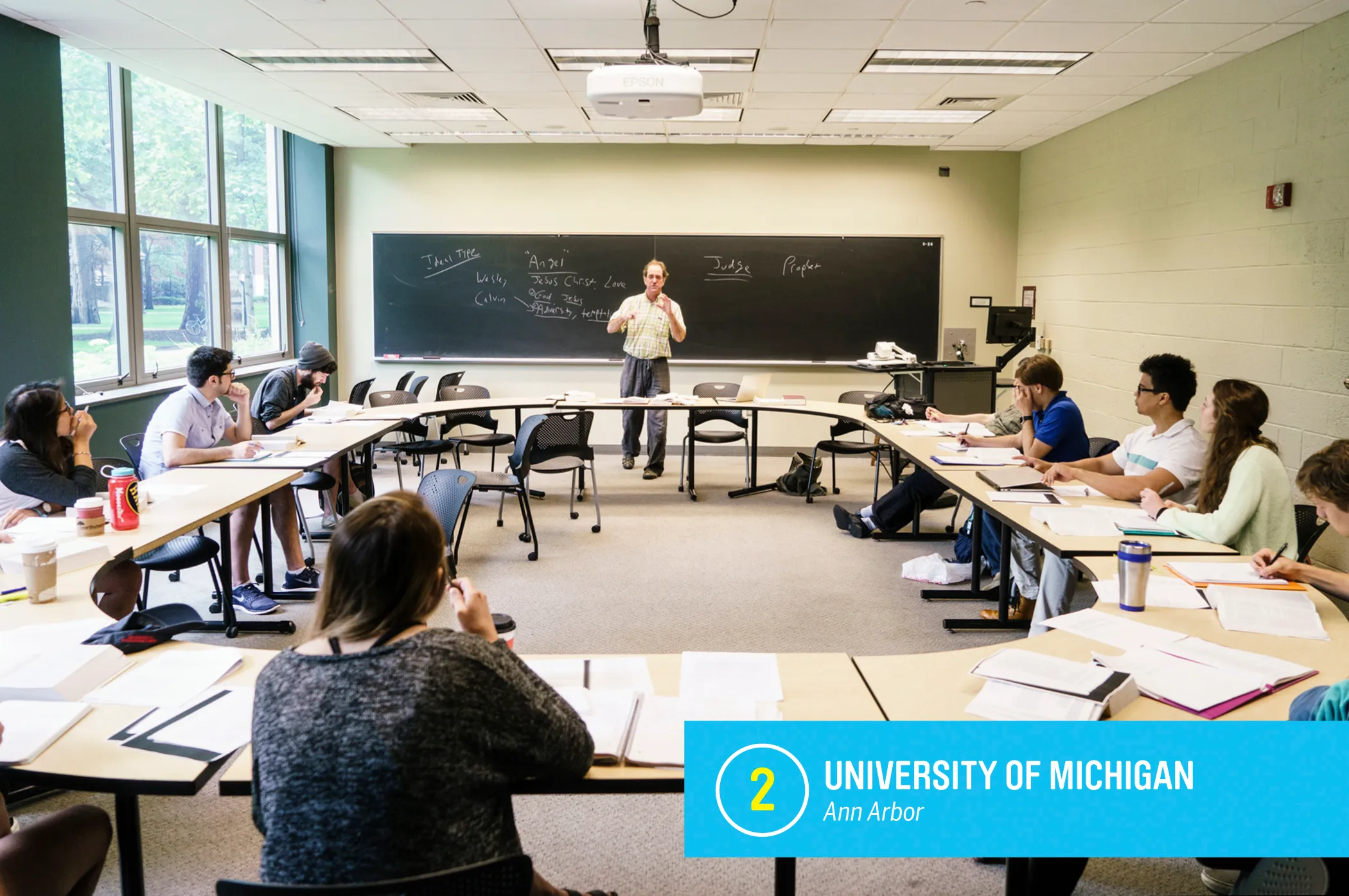
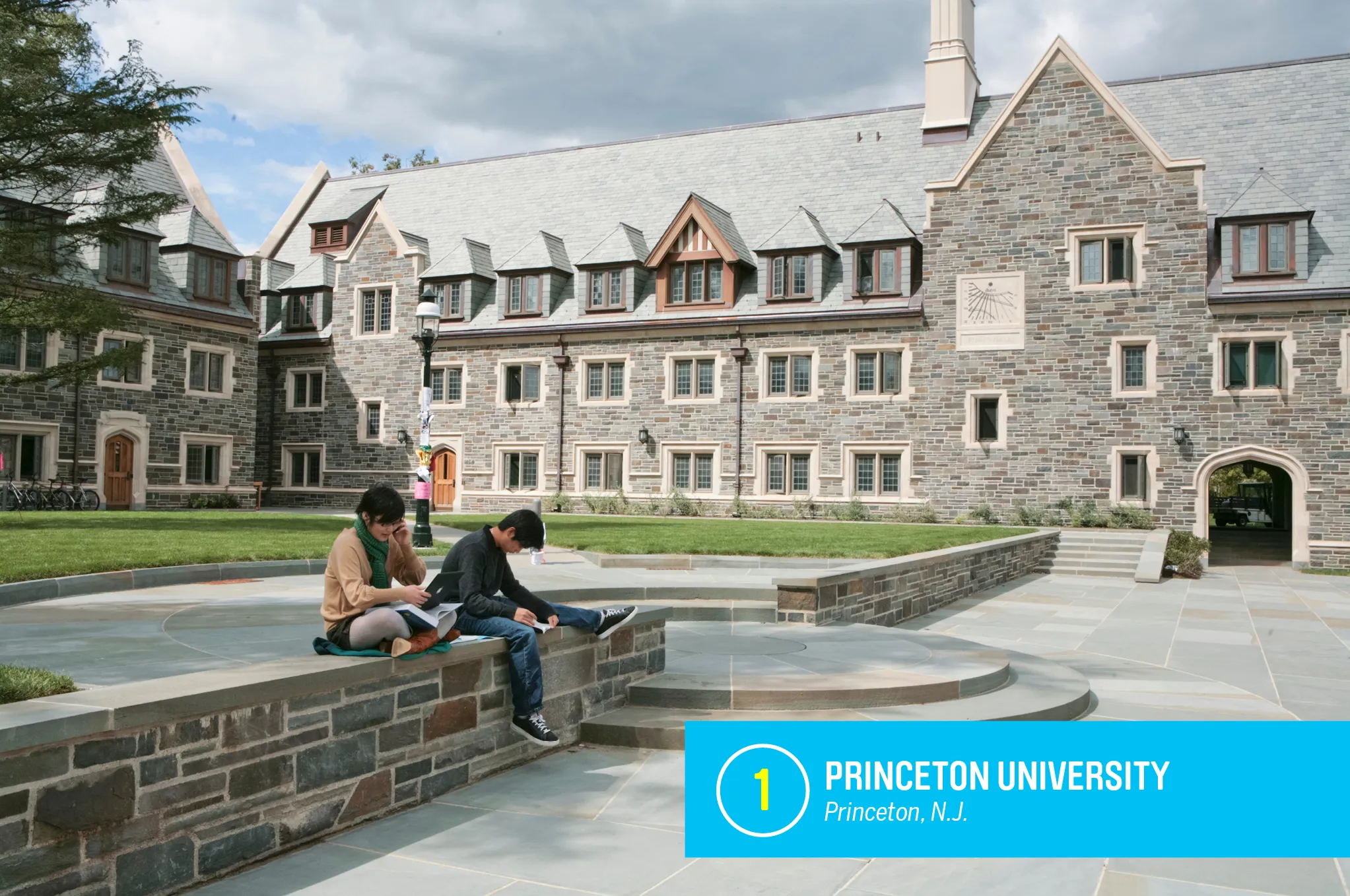
Of those respondents who didn't support the idea of free tuition for all, about 26% said they'd support it for families with incomes of $50,000 or less. Another 8% would support it for families earning up to $125,000, as Clinton’s plan proposes.
As many economists have pointed out—free tuition isn’t free. (Clinton and Sanders both proposed paying for their plans with a tax on Wall Street profits.) Yet when the survey asked whether respondents would be willing to pay more in federal taxes to make public colleges free, only 48% said yes, meaning there’s a 14 percentage point gap between people who say they support the idea and people who are willing higher taxes for it.
One place where there isn’t a noticeable drop: Millennials aged 18 to 25. Seventy-nine percent supported free tuition, and 72% said they’d be willing to pay more taxes to get it. It’s worth remembering, of course, that many in that age bracket probably haven’t felt the full sting of federal, state, and local property taxes yet.
Other parts of the survey asked about the value of college and debt repayment. A majority of respondents still felt a college education was a valuable investment, which is consistent with findings in a recent survey Money conducted with Barnes & Noble College.
Overall, three-quarters of survey respondents said college was a good value, including a high 88% of 18-25 year olds. Those who attended college were even more supportive of its value: 89% said it was a good investment.
The Obama administration has focused on driving more borrowers into income-driven repayment plans, in which leftover debt would be forgiven after a couple decades of payments. But it turns out that many don't agree with the idea of broad debt forgiveness. Four in 10 respondents said borrowers should pay off their student debt until it's gone. That number jumps to 59% among Republicans and falls to 27% among Democrats.
